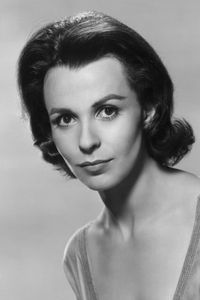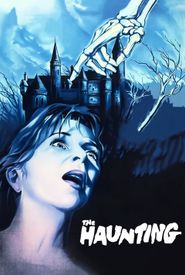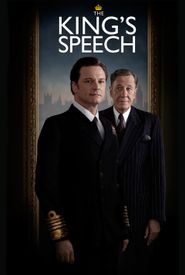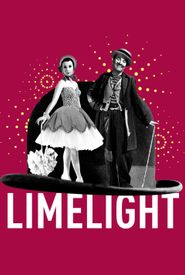Person biography:
Claire Bloom was born Patricia Claire Blume on February 15, 1931, in Finchley, North London, to Elizabeth (Grew) and Edward Max Blume. Her parents were from Jewish families from Belarus. She was educated at Badminton School in Bristol and Fern Hill Manor in New Milton, and she expressed early interest in the arts. She was stage trained as an adolescent at the Guildhall School and then at the Central School of Speech and Drama.
Bloom's professional debut was on BBC radio, and she then took her first curtain call with the Oxford Repertory Theatre in 1946. She received early critical accolades for her Shakespearean ingénues in "King John", "The Winter's Tale", and "Hamlet" at Stratford-on-Avon. By 1949, she was making her West End debut with "The Lady's Not For Burning" with the up-and-coming stage actor Richard Burton.
Bloom's inauspicious film debut came with a prime role in the British courtroom film drama "The Blind Goddess" (1948). Her second film, when Charles Chaplin himself selected her specifically to be his young leading lady in the classic sentimental drama "Limelight" (1952),propelled her to stardom. Her bravura turn as a young suicide-bent ballerina saved from despair by an aging music hall clown (Chaplin) was exquisitely touching and sparked an enviable but surprisingly sporadic career in films.
Despite the sudden film attention, Bloom continued her formidable presence on the Shakespearean stage. Joining the Old Vic Company for the 1952-53 and 1953-54 seasons, she appeared as Helena, Viola, Juliet, Jessica, Miranda, Virgilia, Cordelia, and (again) Ophelia in a highly successful tenure. Touring Canada and the United States as Juliet, she made her Broadway bow in the star-crossed-lover role in 1956, also playing the Queen in "Richard II". A strong presence on both the London and New York stages over the years, she gave other powerful performances with "The Trojan Women", "Vivat! Vivat! Regina!", "Hedda Gabler", "A Doll's House", and "A Streetcar Named Desire".
Bloom's stylish and regal presence was simply ideal for mature period films, and she appeared opposite a roster of Hollywood's most talented leading men, including Laurence Olivier in the title role of "Richard III" (1955),Richard Burton and Fredric March in "Alexander the Great" (1956),Yul Brynner in "The Brothers Karamazov" (1958),and Brynner and Charlton Heston in the DeMille epic "The Buccaneer" (1958). On the more contemporary scene, she appeared with Burton in two classic film dramas: the stark "kitchen sink" British stage piece "Look Back in Anger" (1959) and the Cold War espionage thriller "The Spy Who Came in from the Cold" (1965).
Bloom married Rod Steiger while performing with him on stage in 1959's "Rashomon". They married that year and in 1960 had a daughter, Anna, who grew up to become a well-regarded opera singer. Claire and Rod appeared in two lesser films together, "The Illustrated Man" (1969) and "Three Into Two Won't Go" (1969),in 1969. That same year, they divorced after 10 tumultuous years.
As with other maturing actresses during the 1970s, Bloom looked toward classy film roles in TV movies for sustenance, appearing in "Backstairs at the White House" (1979) as First Lady Edith Wilson and in "Brideshead Revisited" (1981),for which she was nominated for an Emmy. Also lauded were the epic miniseries "Ellis Island" (1984); a remake of Terence Rattigan's "Separate Tables" (1983); "The Ghost Writer" (1984),an acclaimed adaptation of Philip Roth's novel; and "Shadowlands" (1985),the latter earning her a British Television Award.
Bloom married Roth the writer (her third marriage) in 1990 after a brief second marriage to producer Hillard Elkins (1969-1972). The union with Roth lasted five years.
Bloom appeared in several Shakespearean teleplays over the decades while also portraying a choice selection of historical royals, including Czarina Alexandra and Katherine of Aragon. On daytime drama, she delightfully played matriarch and murderess Orlena Grimaldi on the daytime drama "As the World Turns" (1956) starting in 1993. She left the role in 1995 and was replaced.
Continuing sporadically in films from the 1970s on, Bloom graced














































































































